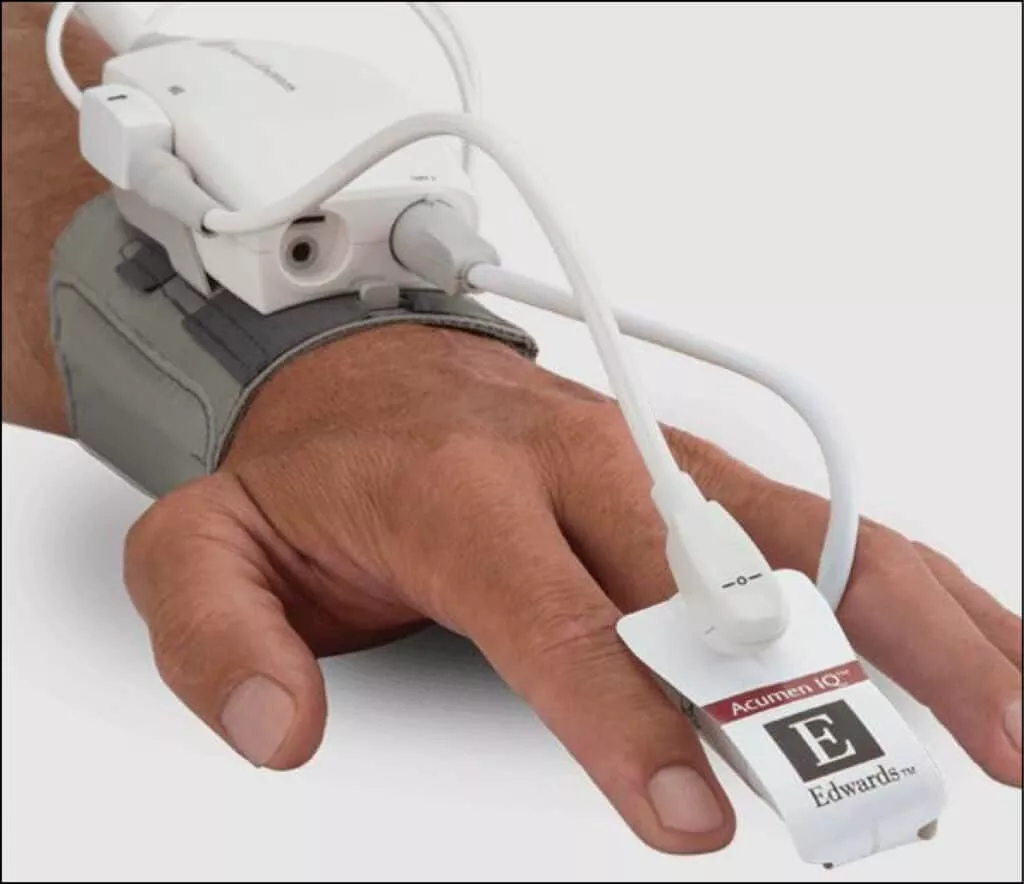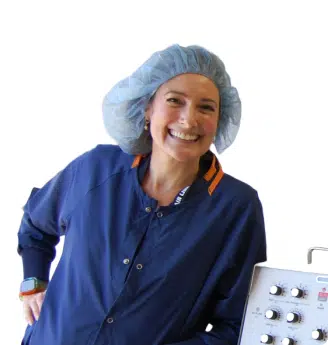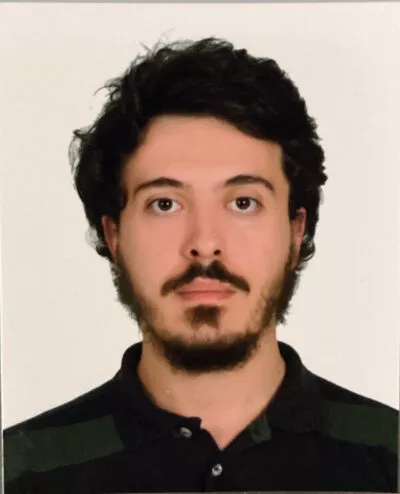A Deep Dive into the Role of MEMS and PEMS, Guided by Industry Standards
The medical industry is experiencing a dynamic transformation, propelled by technological advancements and the relentless pursuit of more efficient, reliable, and cost-effective healthcare solutions. Central to this transformation is the integration of Micro-Electro-Mechanical Systems (MEMS) and Programmable Electrical Medical Systems (PEMS), which are at the forefront of medical device innovation. This detailed examination sheds light on the complexities of these systems, anchored by critical standards such as IEC 60601-1 and IEC 60601-1-2, highlighting their pivotal role in the creation of sophisticated medical electrical equipment.
Understanding IEC 60601-1 Standards in Medical Device Development
The IEC 60601-1 standards represent a comprehensive suite of technical norms dedicated to the safety and efficacy of medical electrical equipment. These globally recognized IEC 60601 standards serve as a foundational blueprint for manufacturers navigating the intricate process of medical device creation. Mastery of these IEC 60601 standard guidelines is not merely a compliance measure but a vital component in ensuring the protection of both patients and operators.
At the heart of the IEC 60601-1 safety standards is a strong focus on risk management, fostering the development of medical devices that are resilient in clinical settings. These encompassing criteria address electrical safety, mechanical stability, and radiation protection, meticulously scrutinizing every potential safety aspect to uphold the highest IEC safety standards in medical device manufacturing.
A pivotal element of IEC 60601-1 is the mandate for a thorough risk management process. This entails the identification of potential hazards linked to medical device usage, the assessment and evaluation of associated risks, the implementation of control measures, and the ongoing monitoring of their effectiveness. Such a holistic strategy is instrumental in ensuring comprehensive patient protection and the mitigation of risks.
Furthermore, the IEC 60601-1 standards stipulate that medical devices must maintain essential performance and basic safety, not only during regular operation but also amidst a single fault condition. This necessitates the incorporation of fail-safe designs and means of protection that safeguard the device’s functionality, even when a component malfunctions, reinforcing the commitment to patient safety.
IEC 60601-1 also delineates criteria for the usability of medical equipment, guaranteeing safe and effective operation. This encompasses user-friendly labeling, intuitive controls, and preventive measures against user errors. Such usability specifications are paramount in clinical settings, where the complexity of a device can have a profound effect on operator protection and, consequently, patient safety.
Programmable Electrical Medical Systems (PEMS) and Their Impact
Programmable Electrical Medical Systems (PEMS) represent a revolutionary advancement in healthcare technology. Governed by software-driven functionalities, PEMS introduce a new echelon of adaptability and sophistication to medical equipment. By enabling previously inconceivable capabilities, PEMS have reshaped the medical equipment sector, significantly elevating patient care and enhancing treatment outcomes, all within the framework of IEC 60601-1 and quality management systems.
The impact of PEMS on healthcare is multifaceted, significantly enhancing personalized healthcare with their ability to be tailored for specific medical applications. The adaptability of PEMS, in line with IEC 60601-1 standards, allows for personalized treatment options that cater to the unique needs of individual patients. For example, these medical equipment systems can be programmed to deliver precise dosages of medication at exact times, adapt to changes in a patient’s condition, or adjust operational parameters based on real-time data.
Moreover, PEMS bolster the reliability and safety of medical devices, adhering to IEC 60601-1 compliance. By integrating advanced algorithms and software, these systems conduct continuous self-checks and reliability testing, ensuring optimal performance. This feature is vital in critical care and life-support systems, where equipment failure can result in severe consequences. PEMS also contribute to patient protection by developing fail-safe functions and defensive design strategies, significantly mitigating the risk of harm due to device malfunction.
PEMS also play a pivotal role in advancing telemedicine and remote patient monitoring, in accordance with IEC 60601-1 guidelines. Their capability to transmit data wirelessly empowers healthcare professionals with real-time patient data, enhancing the quality of medical decisions. This is especially valuable for managing chronic conditions or when patients are unable to visit healthcare facilities in person.
Furthermore, the integration of PEMS in medical devices is a key component of the shift towards digital health and aligns with IEC 60601-1 standards. These systems facilitate seamless connectivity with healthcare IT systems, contributing to the broader ecosystem that includes electronic health records (EHRs), patient management systems, and data analytics platforms. Such integration is instrumental in boosting the efficiency of healthcare delivery and improving patient outcomes.
In the realm of regulatory compliance, PEMS must conform to rigorous standards, such as IEC 60601-1, to ensure safety and effectiveness. The development and validation processes for PEMS involve comprehensive standards development, testing, and certification. This rigorous process ensures that PEMS-based medical devices are not only innovative but also meet the highest levels of quality and safety in healthcare.
The PEMS Development Life-Cycle: Ensuring Robustness and Reliability
The development life-cycle of PEMS is a systematic and thorough process, ensuring compliance with IEC 60601-1 and incorporating a PEMS Validation Plan. This life-cycle spans from initial design to final deployment, with stages that include design and test specification, as well as software validation. This approach ensures that medical devices are not only feature-rich but also robust and reliable, meeting the stringent standards of the healthcare industry.
Risk Management in Medical Device Development
Risk management is a fundamental aspect of medical device development, essential for patient safety and device efficacy, and is guided by standards like IEC 60601-1 and ISO 14971. This process involves a systematic approach to identifying, evaluating, and mitigating potential risks throughout the device’s lifecycle, ensuring adherence to the highest safety standards.
Crafting an IEC 60601-1 compliant Risk Management Plan is crucial in the medical industry. It meticulously details strategies for hazard identification, comprehensive risk assessment, and the deployment of control measures. This dynamic Risk Management Plan adapts as the medical device transitions from design to real-world application, ensuring adherence to safety standards.
Incorporating fail-safe design principles is a cornerstone of risk management, particularly under IEC 60601-1 guidelines. These principles guarantee that medical devices, especially life-critical ones like life-support systems, revert to a safe mode during any system malfunction, thus bolstering patient protection.
IEC 60601-1 emphasizes the importance of testing and validation, which includes both formative and summative stages, as essential elements in medical device production. These processes validate that the device functions safely across various scenarios and fulfills all essential usability requirements and safety regulations.
At its core, risk management, as outlined by international safety standards such as IEC 60601-1, is fundamental for the successful creation of medical devices. It merges meticulous planning with stringent testing and a commitment to international safety standards, ensuring devices are not just operational but also secure for patient use.
Formative and Summative Testing: Ensuring Safety and Efficacy
Formative and summative testing, as mandated by IEC 60601-1, are integral parts of the medical device development process. Formative testing unfolds during the development phase, concentrating on feedback collection and enhancements. Conversely, summative testing is executed after development to verify the device satisfies all necessary requirements and is safe for patient use.
The Role of MEMS in Medical Device Development
MEMS technology has revolutionized medical device development, aligning with IEC 60601-1 standards. These miniature yet potent systems blend affordability, energy efficiency, and superior performance, making them perfect for diverse medical applications. MEMS sensors and actuators are crucial in numerous contemporary medical devices, offering essential services such as vital sign monitoring and precise drug delivery.
Electromagnetic Compatibility (EMC) in Medical Devices
In the realm of medical device design, particularly for MEMS and PEMS, electromagnetic compatibility (EMC) is a critical factor. Adhering to IEC 60601-1-2 standards, devices must demonstrate resilience against electromagnetic interference (EMI) without causing it, ensuring their reliability and safety. Effective EMC testing and design are pivotal in safeguarding medical device functionality amidst environments laden with EMI disturbances.
FPGA and Field Programmability: Enhancing Medical Devices
Field-Programmable Gate Arrays (FPGAs), known for their field programmability, are becoming indispensable in the realm of medical devices, meeting critical IEC 60601-1 standards. Their flexibility and high performance make them highly suitable for medical applications, where updates and modifications can be implemented with ease, paving the way for innovative, feature-rich medical equipment.
The Importance of Design and Test Specification
In the realm of medical device development, adhering to design and test specifications is paramount. These guidelines, often aligned with IEC 60601-1 standards, ensure that every facet of the device’s design and functionality undergoes rigorous scrutiny. Such meticulous quality management is the cornerstone of creating medical devices that are not only cutting-edge but also reliable and safe for patient care.
Nectar: Leading the Way in Medical Device Innovation
Nectar is at the forefront of medical device innovation. Their multidisciplinary team of experts specializes in medical product development, delivering award-winning products that meet the highest standards of safety and efficacy. Nectar’s expertise in scientific software and instrument development further enhances their ability to create cutting-edge medical devices.
Nectar’s Podcast: Insights into Product Development
For enthusiasts eager to dive into the intricacies of product development, Nectar’s Podcast offers a deep dive into the nuances of product design, industrial design, and the design process. It’s an invaluable resource for those passionate about the art and science of creating new products. The Product Development Playbook stands out as a wellspring of knowledge, offering in-depth discussions on product design, design methodology, and the design process from seasoned industry professionals. It’s an essential listen for anyone engaged in the intricate journey of medical device development.
The Future of Medical Device Development
The horizon of medical device development is on the cusp of revolutionary shifts, with cutting-edge technologies like MEMS and PEMS at the forefront. These innovations are set to elevate personalized healthcare, introducing smarter, adaptable medical equipment designed to cater to the unique health requirements of each patient.
The integration of artificial intelligence and machine learning into medical devices marks a significant trend, heralding a new era of enhanced diagnostic accuracy. These technological advancements are transforming the landscape of healthcare, utilizing complex health data to forge optimized treatment plans and provide actionable insights for better patient outcomes.
Telemedicine and remote patient monitoring are set to become more widespread, revolutionizing healthcare accessibility and fostering continuous patient care beyond the confines of traditional medical facilities. This move towards remote healthcare solutions highlights the pivotal role of advanced medical devices in preventive care and the management of chronic diseases.
In the ever-evolving landscape of medical devices, strict adherence to regulatory standards and robust risk management are essential. Ensuring safety and compliance, particularly with international benchmarks such as IEC 60601-1, is critical in this intricate and interconnected field.
Nectar Product Development is at the cutting edge of medical device development, poised to propel the future of healthcare innovations. For collaboration opportunities or to gain more insight, please feel free to contact us.



























